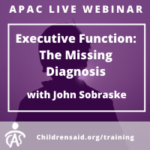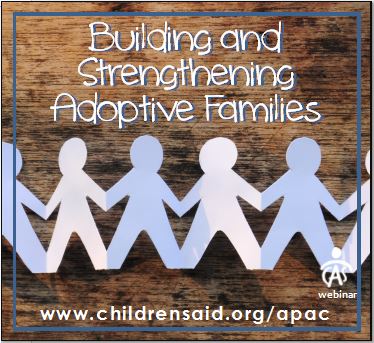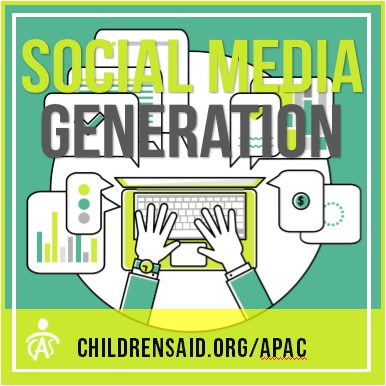
For many years, certain diagnoses have had prominence in people’s minds when going through a checklist of possible challenges for foster and adopted children. These include the pain of relinquishment, issues of identity and belonging, attachment and trauma. In the field of children’s mental health, attention deficit hyperactivity disorder, depression and anxiety have been notable—the latter two being conceived in broader ways that apply even to young children. Bipolar was added to this list not long after. Recently attention has been focused on fetal alcohol syndrome and autism spectrum disorder. Related to school and academics, learning disabilities were emphasized alongside ADHD. Much as trauma used to refer to a specific neurohormonal stress reaction pattern, but was broadened to include neglect and abandonment as well as sexual, physical and emotional abuse, so too, executive function is increasingly being defined as more than academic problems of thinking and memory, and more broadly to the complex functions of thought, feeling, relating and self-regulation. This area is not often included in diagnostic check-lists but may in fact be the most central concern affecting a child’s ability to manage in life.


